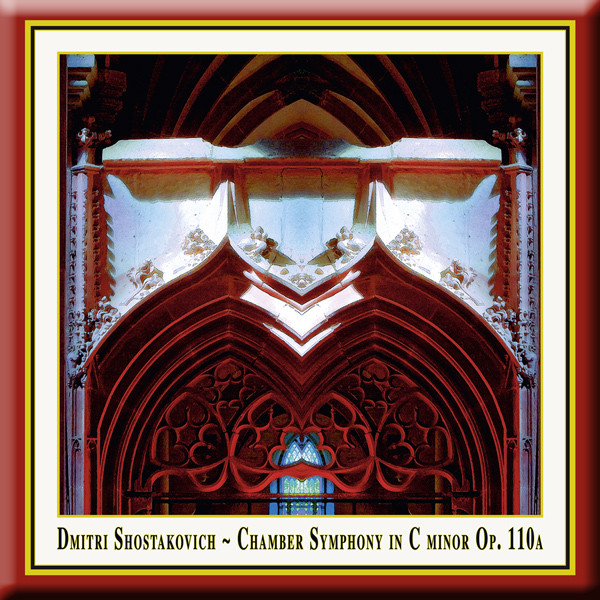Quatuor à cordes no 8 de Chostakovitch
Publié : mer. mars 27, 2019 9:22 pm
Tout l'univers de l'écoute de la musique au casque
https://musique-o-casque.com/
Pour moi un des enregistrements les plus prenant au casque avec nos systèmes super audio, enregistré au monastère de Maulbronn en Allemagne joué par la Capella Istropolitana.In the summer of 1960, Shostakovich went to Dresden to write the score for a new film by the director Lev Arnshtam. Five Days, Five Nights tells the story of eight Soviet soldiers who are charged with tracking down the priceless Dresden art treasures stolen by the Nazis under orders from Goebbels. The film, Arnshtam later told the New York Times, focuses on a German painter, wounded during combat, "who feels that art should depict suffering and therefore a measure of life."
"Everything there was very well set up for me to work," Shostakovich wrote to his lifelong friend, the Leningrad literary critic Isaak Glikman, as soon as he returned from Dresden. "Conditions for composing were ideal . . . However, try as I might I was unable to compose the film music, even in rough. And instead I wrote a quartet that's of no use to anybody and full of ideological flaws." The quartet, composed in just three days, is his Eighth, and it is one of the most powerful and personal works of twentieth-century art—a score that, behind its dark and troubled façade, is unmistakably autobiographical—a true measure of life.
Publicly, Shostakovich said the quartet was inspired by the sight of Dresden—"He walked among the ruins of Dresden, shaken by the scenes of devastation," Arnshtam remembered—and that he decided to dedicate the score to "the memory of the victims of fascism and war," a line that ran atop the published score. But his letter to Glikman tells another side of the story:
I've been thinking that when I die, it's hardly likely that anybody will ever write a work dedicated to my memory. So I have decided to write one myself. The dedication could be printed on the cover: "Dedicated to the memory of the composer of this quartet."
The autobiographical nature of the music was hardly secret, for, as Shostakovich told Glikman, the main theme of the quartet, boldly stated in the opening measures and woven into nearly every page of the score, consists of his initials, D, S, C, H (see sidebar). Anyone who knew Shostakovich's catalog would also recognize, scattered throughout the quartet, quotations from his other works, including his First Symphony, his breakaway composition written thirty-five years earlier; the opera Lady Macbeth of Mtsensk, which had famously invoked Stalin's fury in 1936; and the First Cello Concerto, composed for Mstislav Rostropovich just one year before the quartet.
"The pseudo-tragic side of this quartet," Shostakovich wrote to Glikman, "is so powerful that when I was writing it, tears flowed as freely as water passed after a few beers. Since coming home, I've tried to play it through twice, but again the tears started flowing." Written as five connected movements, the quartet as a whole is a kind of lament.
